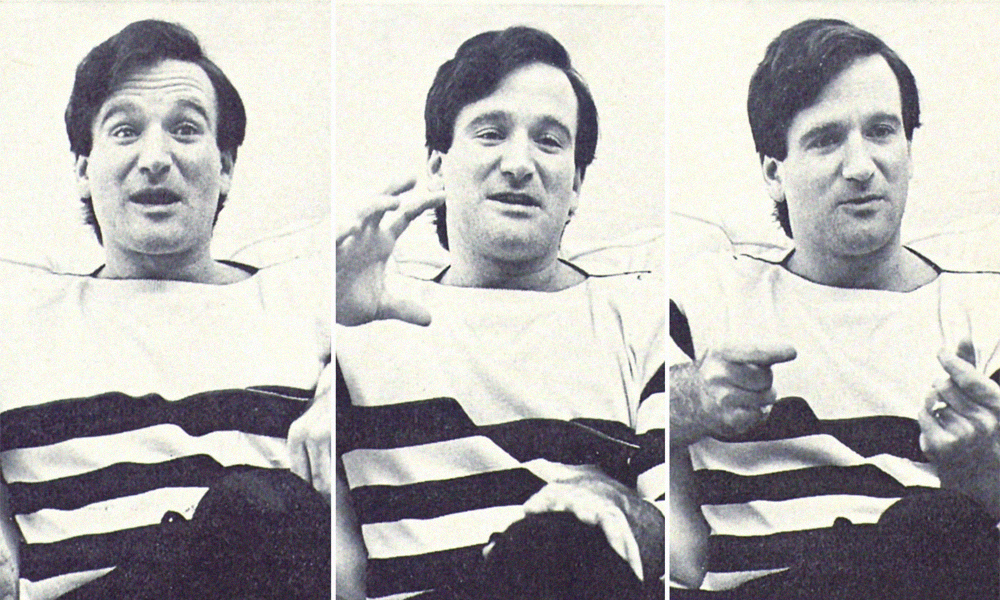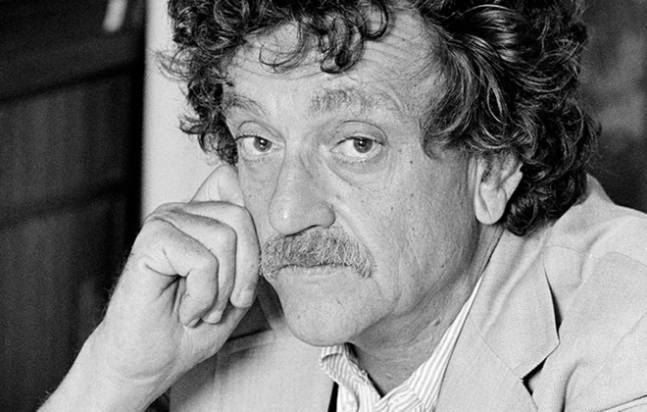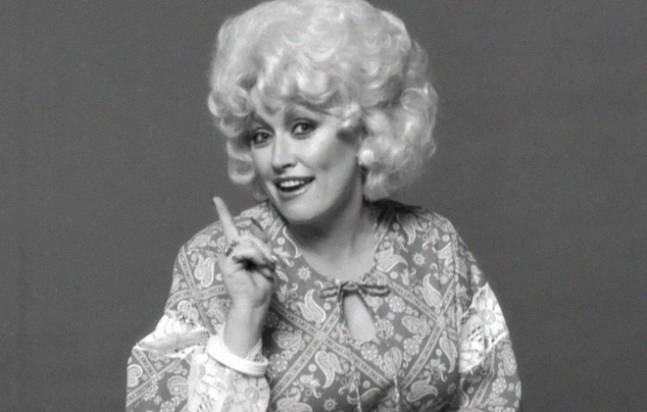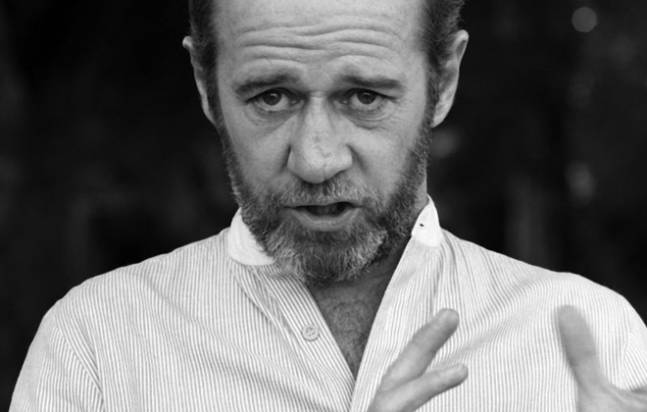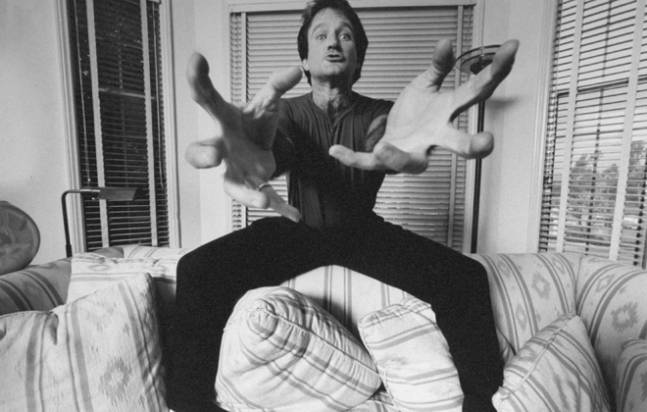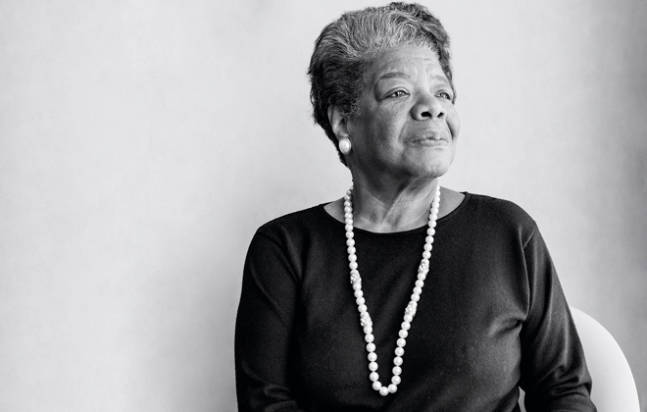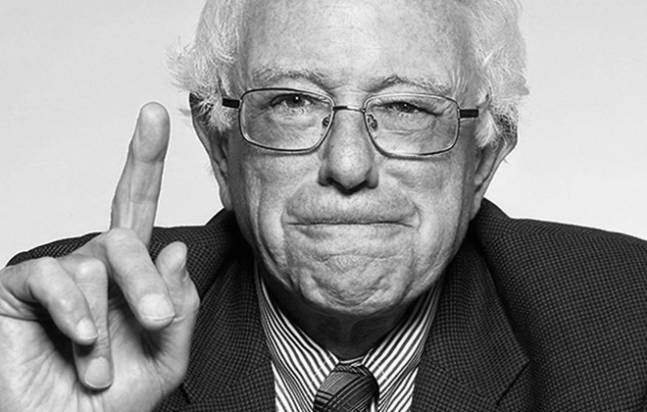While Playboy Magazine has long maintained a reputation for being a destination solely for smut, those in the know are well aware that the men’s lifestyle magazine also featured some of the best writing ever published. Between short fiction, cultural coverage, and in-depth essays, there was a high-brow literary side to Playboy Magazine. While it might surprise you to know that Ray Bradbury publsihed a serialized version of Farenheit 451 over several issues of Playboy or that Margaret Atwood was a semi-regular contributor, you might well know that the publication’s most compelling reads were in fact its celebrity interviews.
We should start by saying these aren’t the seven best interviews Playboy’s ever published. There are too many for us to think we’d ever be able to do a definitive ranking. Instead, it’d be better to think what we have here are seven interviews that are the result of a rare kind of deep, revelatory conversation with true substance and consequence. Reading them forces us to consider the simple possibility that some of our ideas could be wrong, which is a difficult thing to consider whenever you talk about race, politics, religion, music, comedy, or any of the other thousand topics covered.
These interviews also reinforce that Hugh Hefner accomplished his goal of creating a magazine to educate the modern man, exemplified in these interviewers’ willingness and ability to have thoughtful, informed conversations about difficult topics. The second thing to become clear in these conversations, after the subject’s undeniable intelligence, is the interviewer’s investment in the conversation. They’ve followed their subject’s work closely and know it well enough to be able to talk about specific points, whether that’s songs, speeches, or novels. It’s an in-depth breed of journalism that’s rare today, when most interviews involve smashing an egg on your head with a late-night TV host or the same softball questions lobbed from interchangeable “journalists”. These are conversations between experts and people who actually know what the experts are talking about.
So read on to discover some of our favorite interviews published by Playboy Magazine.
7 of Our Favorite Playboy Magazine Interviews
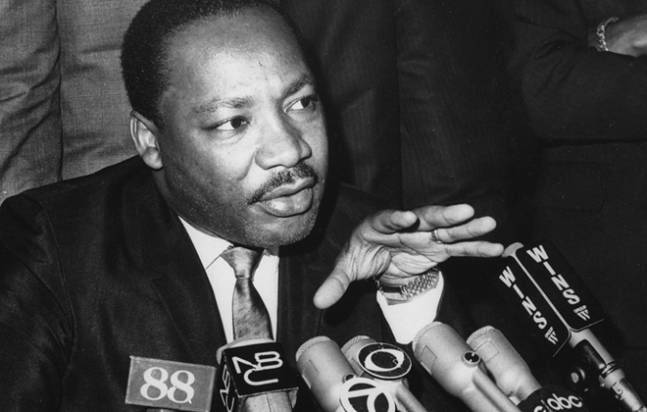
Dr. Martin Luther King Jr. | 1965
An interview with Dr. King just after receiving his Nobel Peace Prize is a massive get and an invaluable part of civil rights history. It’s a few thousand words of Dr. King clearly spelling out what he does, why he does it, and who he does it for, and proving yet again that the man was a master orator, even when he wasn’t working off a prepared speech. He brings the same kind of intelligence and emotion to a story about explaining segregation to his daughter as he does to any of his bigger speeches. And you absolutely get the sense that this is a man who understands the reality of racial prejudice at the deepest and shallowest levels. It’s possibly the most complete exploration of Dr. King’s beliefs and methods that we’ve ever seen and is well-worth everyone’s time, even if you consider yourself above Playboy Magazine. In fact, Dr. King talks about those enlightened individuals in the interview.
Kurt Vonnegut | 1973
It’s hard to talk about Kurt Vonnegut without fawning over him. He was so plugged into general American culture, particularly the negatives, that he was picking up on the beginnings of the biggest problems we’re facing today. For example, a good bit of this interview is spent talking about how Americans have confined themselves to these tiny, often literal, boxes, and have no external support structure anymore. Specifically, he talks about how we’ve eschewed our families for isolation and how that’s sending people into depressed lonesomeness, which modern psychologists have only really just started talking about. A few thousand words later, Vonnegut talks about his fear that we’ve lost control of our government. That’s not a fear every American had in the 1970s, but many have it now, despite the evidence showing that our modern situation isn’t all that different from back then. It’s an interview that plainly lays out Vonnegut’s pessimism and disappointment, both of which are self-admitted defining factors in his life. Neither feels good, but both are endlessly informative.
Dolly Parton | 1978
One thing this interview perfectly captures is Dolly’s southern cadence. You can just about hear her accent bouncing off the page, which itself is so rhythmically pleasing that it does the same job as her purposefully gaudy looks do for her act. Her accent pulls you in because it’s so easy to listen to and what she’s actually saying is some of the most thoughtful explanations of aesthetics and music we’ve ever heard. She also comes off as a pre-internet Keanu Reeves. Everything she says is wholesome and fully considered that it’s hard to believe it could be an act, excepting the excess of her outfits, makeup, and hair. She goes into a good amount of detail about her childhood, which isn’t something you hear a whole lot about. The entire time, she’s keeping the interviewer on his back foot. Every so often, she’ll drop a turn of phrase on him or catch him in an insinuation that reminds him who actually has the upper hand in the exchange.
George Carlin | 1982
George Carlin was already known for how raw he could get, but this interview takes it to another level. Carlin talks candidly about his past, which was much more colorful than even his biggest fans might have expected. A big chunk of the interview is devoted to his past drug use and his thoughts would help anyone who might find themselves in a similar situation. He lays out his full drug history, with a detailed account of his coke and weed habits, along with what eventually prompted him to quit. He also talks about what it did to his marriage and his wife’s addiction issues, though he spares the nitty-gritty on that one. The section on religion is a little weird to read because you can hear the same material as what’s in his act, but it’s presented more philosophically than comedically. From there, they dive into his musical tastes and political activism, which reveal a lot about the way Carlin thinks and what he prioritizes.
Robin Williams | 1992
Robin Williams has always come across as a genuinely caring guy, if a little wild. Kind of like if Tom Hanks was more prone to behavior fit for the tabloids. It’s a past that he fully acknowledges, but one that he seems frustrated to have had misrepresented. As a result, a good bit of the interview is Williams doing his best to dispel some of the more wild embellishments and outright lies about his messy divorce, drug habits, and his last night with John Belushi. It should be said that his side comes with a hell of a lot more believability.
You also get some valuable insights into the mechanics of his career. For as huge a star as he was, you’d think he would have been able to work on whatever projects he wants. But when he talks about getting manipulated out of the Joker in Tim Burton’s Batman and the reception of his and Steve Martin’s version of Waiting for Godot, he seems upset and surprised, respectively. It’s weirdly reassuring, that someone could ever get as big as him and still have to deal with the same ordinary manipulative crap as the rest of us.
Maya Angelou | 1999
It’s rare that someone like Maya Angelou would get lost in any kind of shuffle, especially as late in her career as she was in 1999, but it happens. For whatever reason, Murray Fisher’s interview with Angelou never ran and sat hidden in the Playboy archives until 1999. It was uncovered twenty years later, five years after her death, as a sort of post-mortem bestowing of wisdom. It serves as a meandering but substantial account of Angelou’s life and how her myriad of life experiences has affected her writing and her personal philosophy. She talks about being a mute when she was very young, how much she enjoys religion, how she avoided hating white people, and what she thinks it means to combat evil. If nothing else, the interview proves you can experience as much prejudice and hardship as Angelou has and maintain a kind and generous spirit.
Bernie Sanders | 2013
Bernie Sanders might be a politician, but in this interview he’s not pushing an agenda so much as he’s agitating for the changes most Americans are already asking for. Where other people are trying to spin things or pass the buck, Sanders lists simple, undeniable facts and doesn’t sugarcoat how high the stakes are. It’s as apolitical as the scientists pleading with the government to do something about climate change.
This 2013 interview predates the explosive popularity of his 2016 campaign, but it’s remarkably consistent in messaging. He’s railing against income inequality, trade agreements, Wall Street gambling, political corruption, and the anemia of the legislative branch of the federal government. If anything, this interview should be read as a reassurance of Sanders’ genuine desire to improve life for all Americans, regardless of political affiliation. He even briefly levels a prescient kind of criticism against Barack Obama and Hillary Clinton, saying they’re the lesser of two evils voting that exhausts the American public and convinces most of us that the current system simply doesn’t work for us. Like we said, the interview isn’t really political so much as it is a detailed list of things we all already felt anyway.

